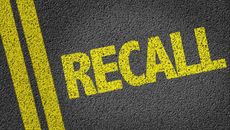Financial Advice from America's Founding Fathers
What money-management guidance can we glean from the words — and experience — of Benjamin Franklin, Thomas Jefferson, Alexander Hamilton and others?
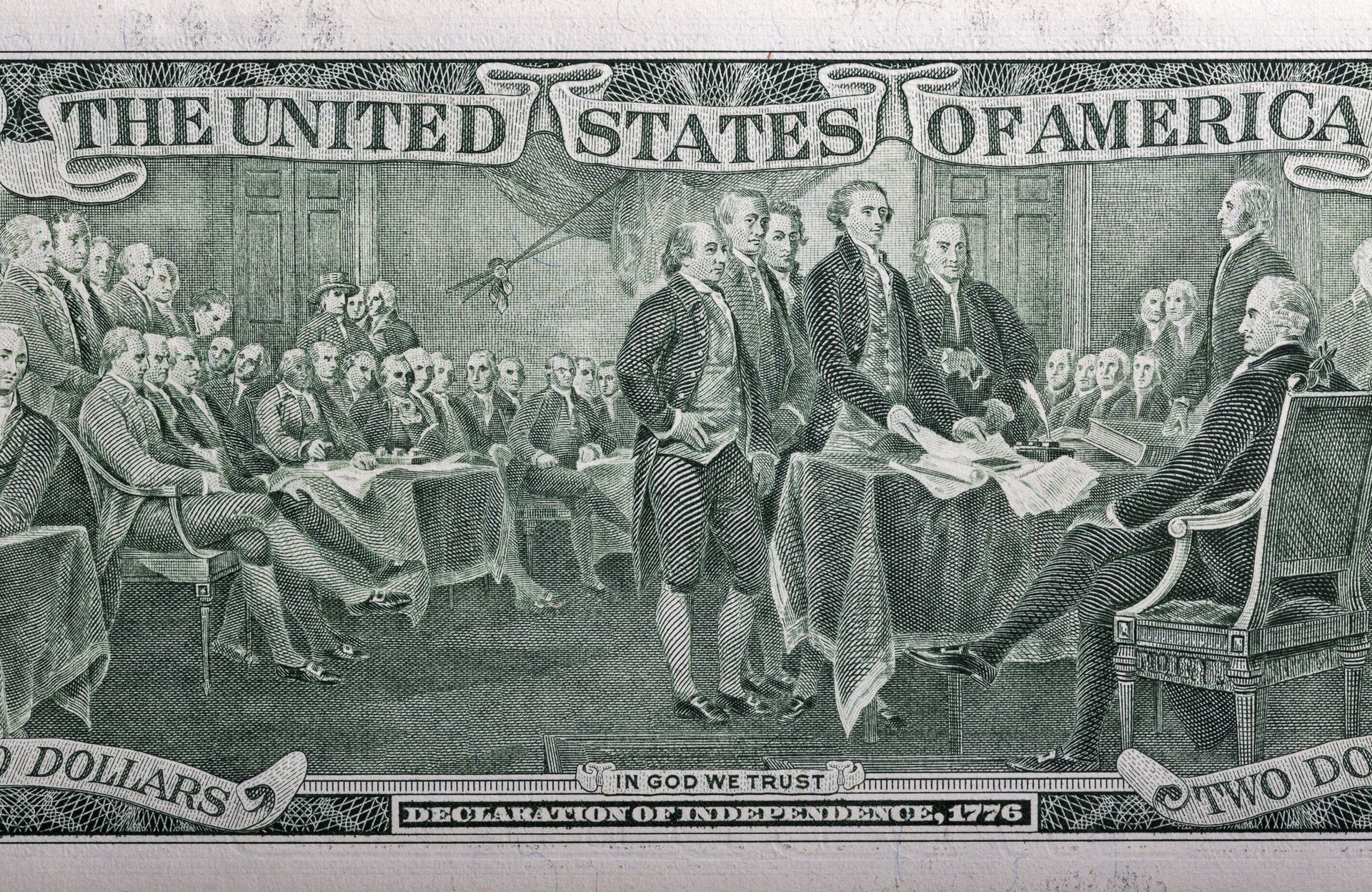

Benjamin Franklin famously coined the phrase, "A penny saved is a penny earned." That's a good start.
To help you prosper even more, in honor of Presidents' Day, consider what other founders of the United States of America had to say on the subject of personal finance. As you'll see, many of their ideas live on today in Kiplinger's advice to our readers. We hope their original calls to action inspire you to forge a path toward your own financial independence.
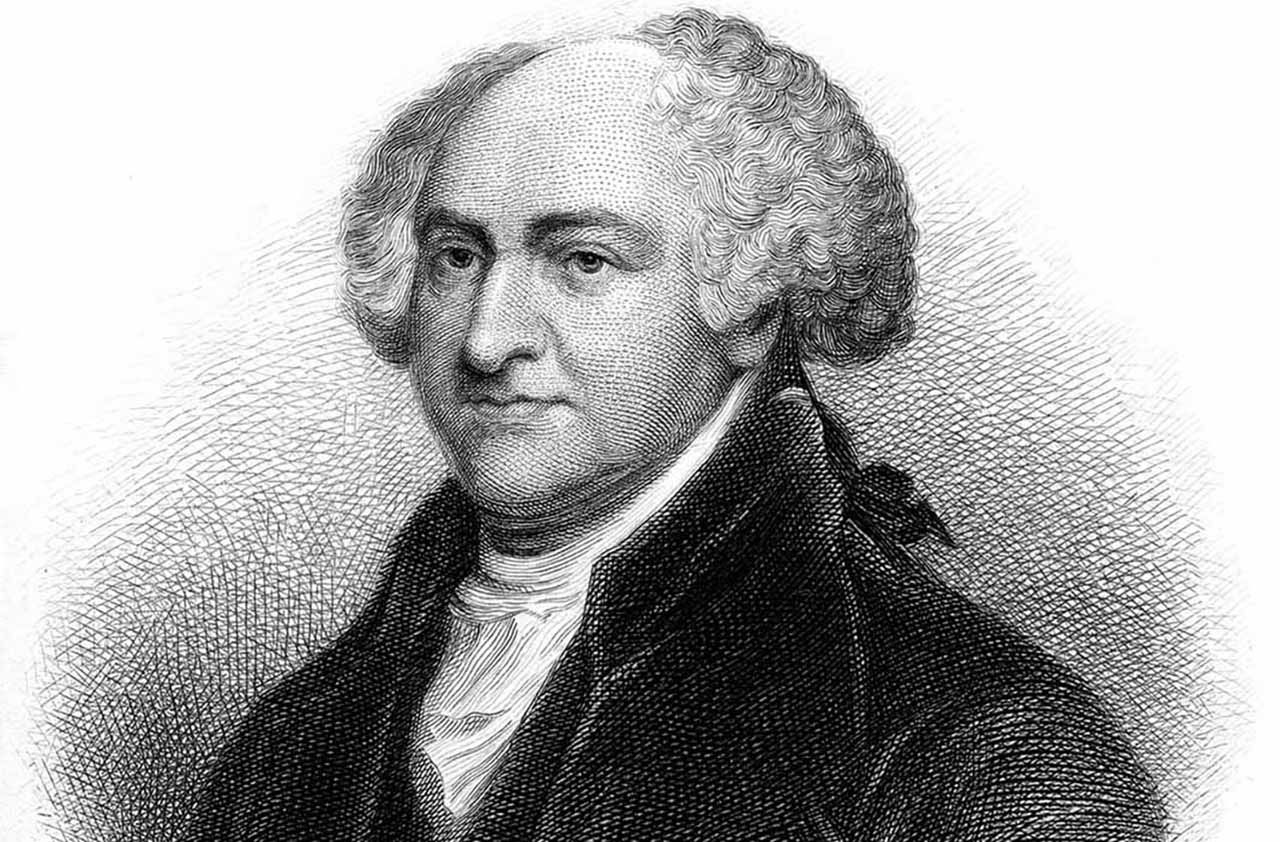
John Adams – On the importance of a financial education
"All the perplexities, confusion and distress in America arise not from the defects of the Constitution, not from want of honor or virtue, so much as from downright ignorance of the nature of coin, credit and circulation." – From a letter to Thomas Jefferson in 1787
With this declaration, Adams summons the importance of financial literacy. Of course, we at Kiplinger very much support the idea that an informed public is one that understands the basics of the economy, especially as monetary policy influences so much of our lives.
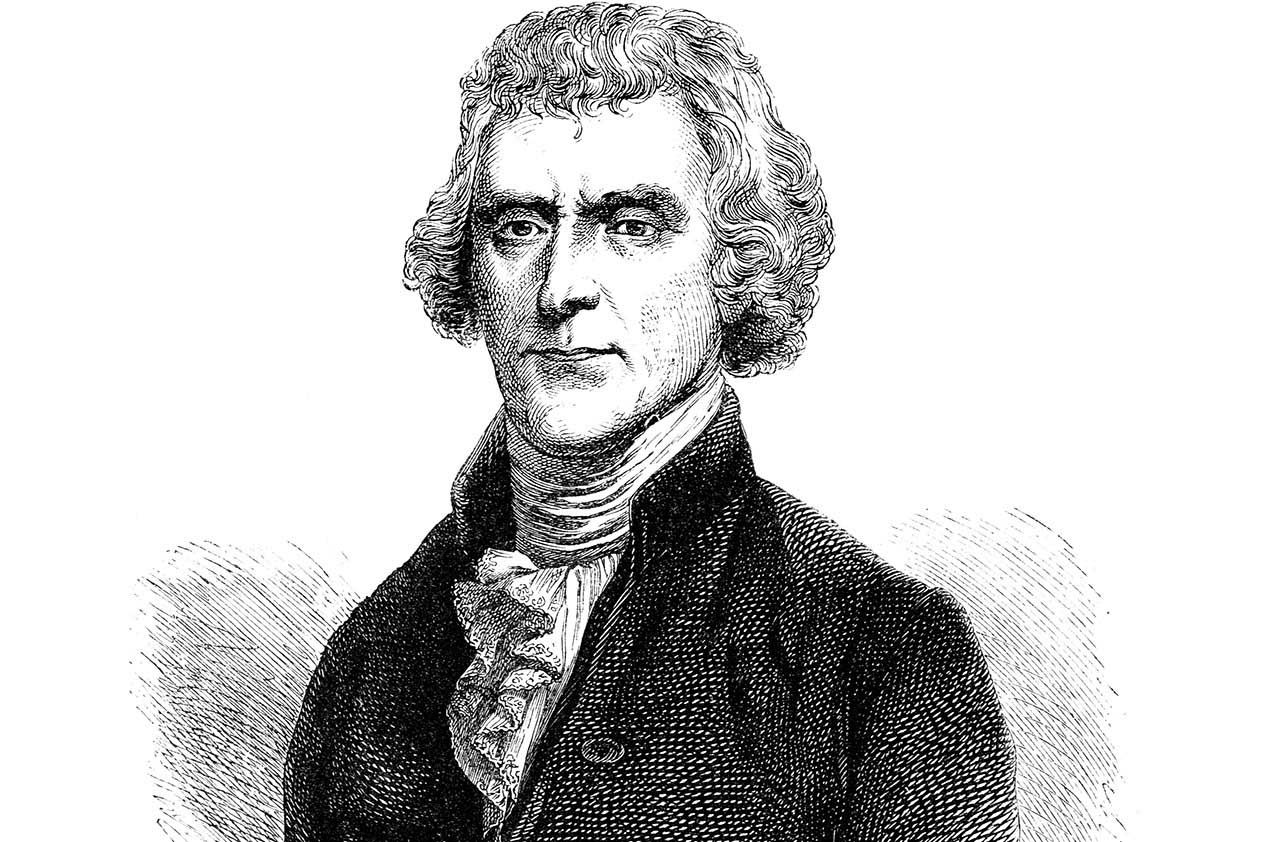
Thomas Jefferson - On the recipe for debt
“Never spend your money before you have earned it.”– From a letter Jefferson wrote to his granddaughter outlining 12 "Canons of Conduct in Life," 1811
Jefferson’s words of wisdom, which he shared in letters to his children and grandchildren, are still applicable more than two centuries later. Failing to live within your means leads to debt and financial insecurity, as Jefferson himself proved. (More on Jefferson in a few slides. . .)
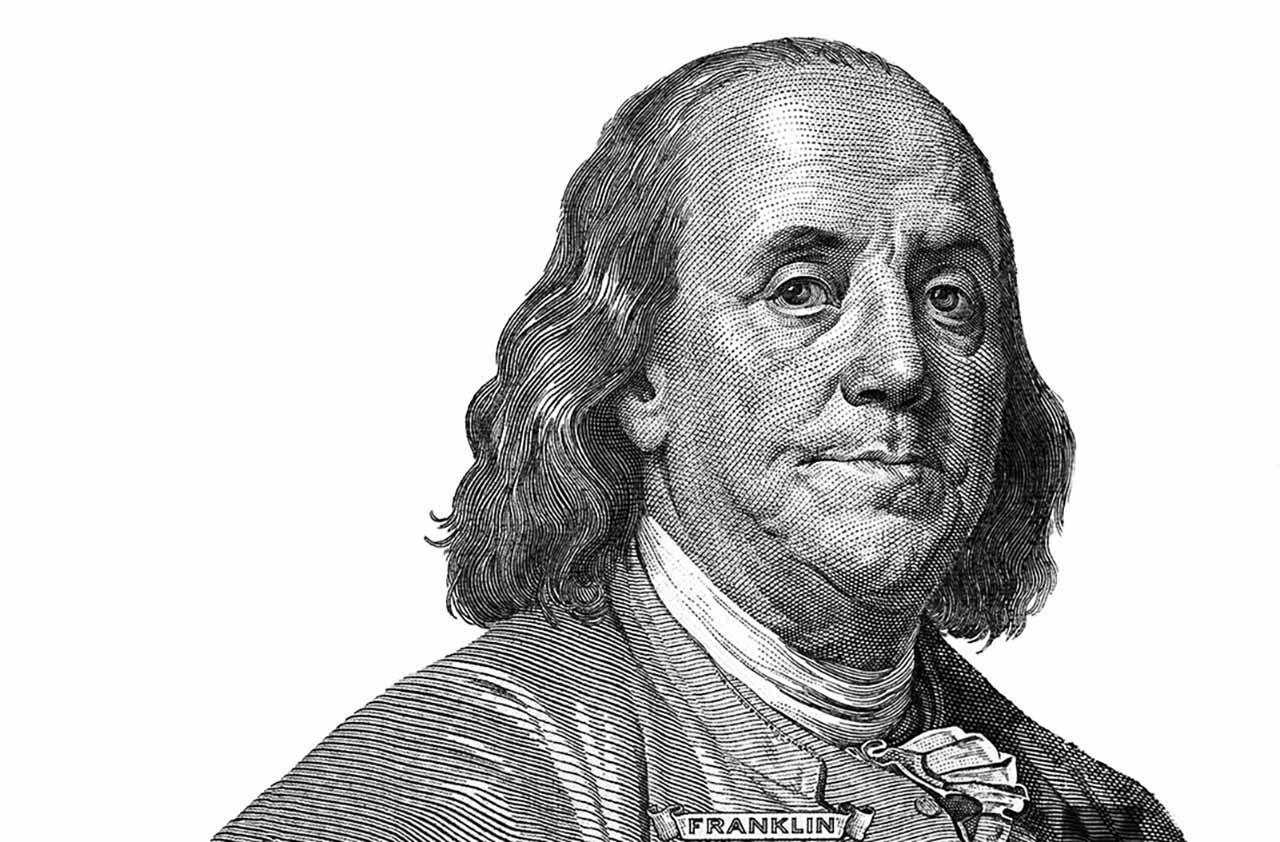
Benjamin Franklin – On the magic of compounding
"Remember that Money is of a prolific generating Nature. Money can beget Money and its Offspring can beget more, and so on. Five Shillings turn'd, is Six: Turn'd again, 'tis Seven and Three Pence; and so on 'til it becomes an Hundred Pound. The more there is of it, the more it produces every Turning, so that the Profits rise quicker and quicker." – From "Advice to a Young Tradesman, Written by an Old One," 1748
Indeed, compounding is magic, especially if you make use of it with a high-yield savings account or dividend stocks to continually grow your funds.
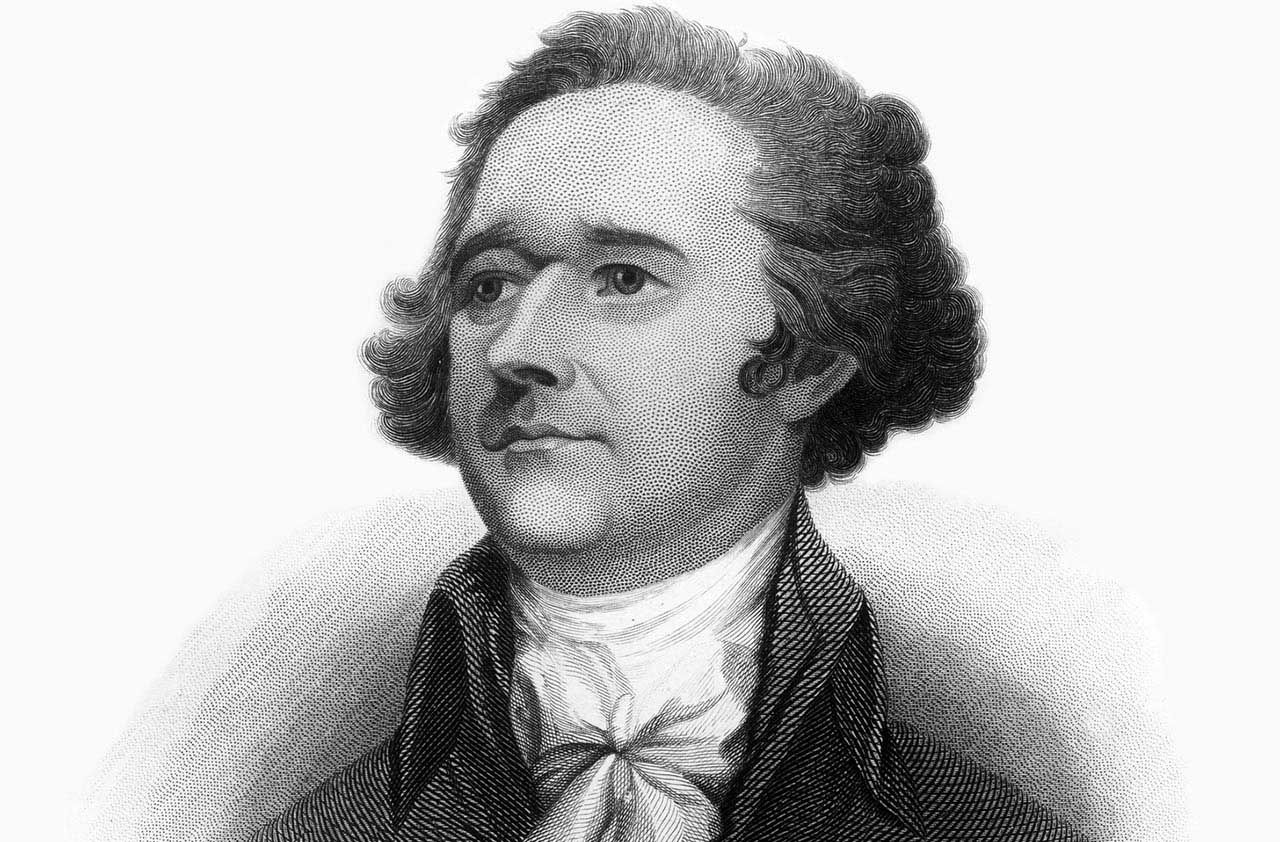
Alexander Hamilton – On sin taxes
"It is a singular advantage of taxes on articles of consumption that they contain in their own nature a security against excess. They prescribe their own limit, which cannot be exceeded without defeating the end purposed - that is, an extension of the revenue." – From the Federalist Papers, “Federalist No. 21”
Hamilton knew that consumers would pay extra for their indulgences. Imagine if he were alive today to see modern day "sin" taxes covering everything from electronic cigarettes to champagne.

Abigail Adams – On the importance of education
"Learning is not attained by chance, it must be sought for with ardor and attended to with diligence." – Letter to John Quincy Adams, 1780
John Adams' 1787 letter to Jefferson would echo this point from this Founding Mother. If you really want to know about finances, you have to actively seek information and take the time to understand it. And, as Abigail Adams wrote, it's not a one-and-done process – education happens continually, and it's important to stay up to date and informed.
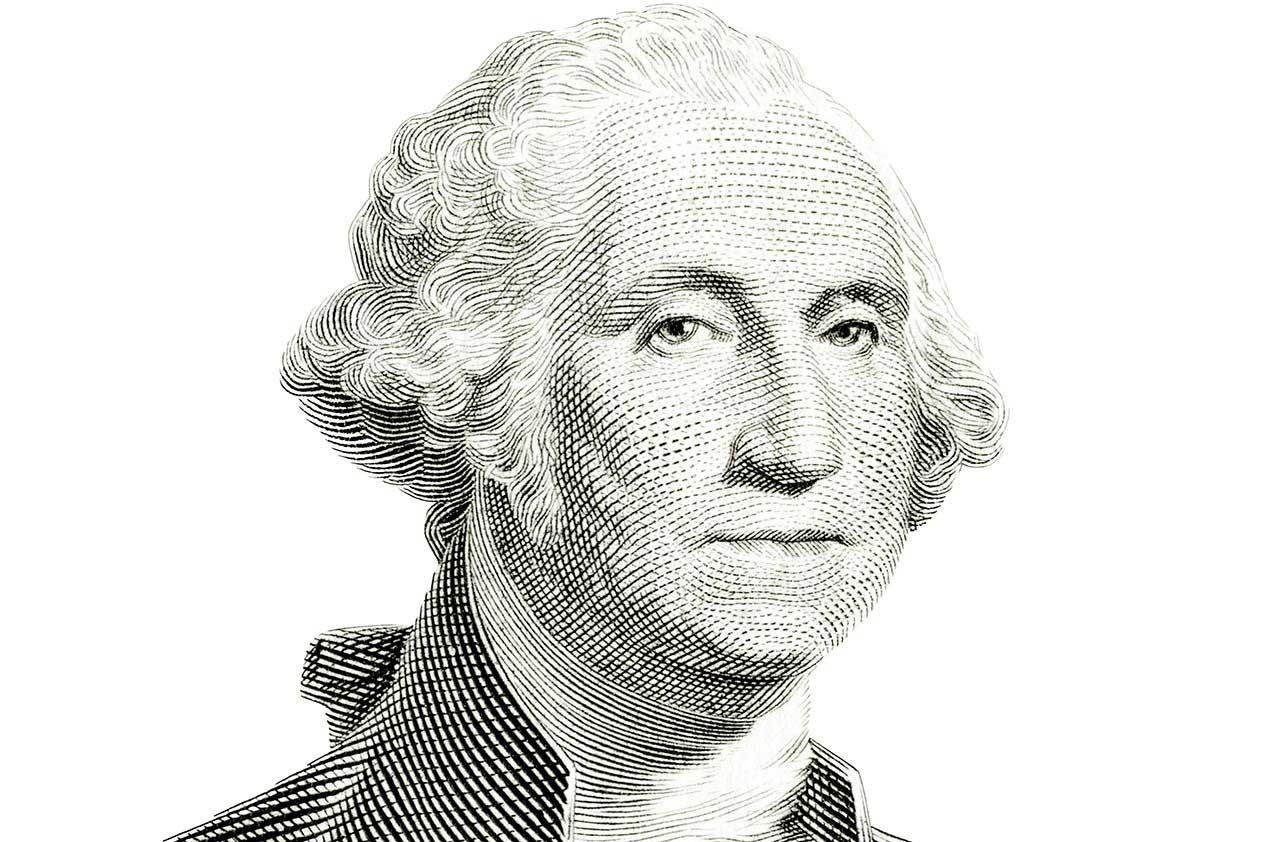
George Washington – On tracking your expenses
George Washington was a man of few words, but his actions — and old Library of Congress records — speak for themselves. Washington was a stickler about keeping track of his money. When he was appointed commander-in-chief of the Continental Army in 1775, he did not accept a salary. Instead, he agreed to reimbursement of his expenses after the war.
Congress readily agreed to his request — and, naturally, he proceeded to record just about everything. From brooms to mutton to payment to his soldiers, Washington was a meticulous record keeper. Although some of his founding fellows died in debt, Washington went down in history as one of the richest men of his time.

Franklin – On certainties
"In this world nothing can be said to be certain, except death and taxes." – From a 1789 letter to French scientist Jean-Baptiste Leroy
Yikes, two inevitable horrors – death and taxes. What could be worse? Death taxes, otherwise known as estate taxes, which can be levied by both the federal government and your state, depending on the size of your estate.

Alexander Hamilton (the Musical) – On building your career early in life
In the opening song of the Broadway musical Hamilton, John Laurens, a famous Revolutionary War soldier, exclaims of Alexander Hamilton, “The ten-dollar founding father without a father got a lot farther by working a lot harder, by being a lot smarter, by being a self-starter. By fourteen, they placed him in charge of a trading charter.”
There is lyrical truth to Laurens’ words. Hamilton was born to his single mother in the West Indies and was orphaned in childhood. At the age of 14, he began working as a clerk at a local import-export firm, Beekman and Cruger. When the owner was at sea, he was placed in charge of the firm for five months before he moved to New Jersey.
His work ethic and early managerial experience put him on career path to greatness.
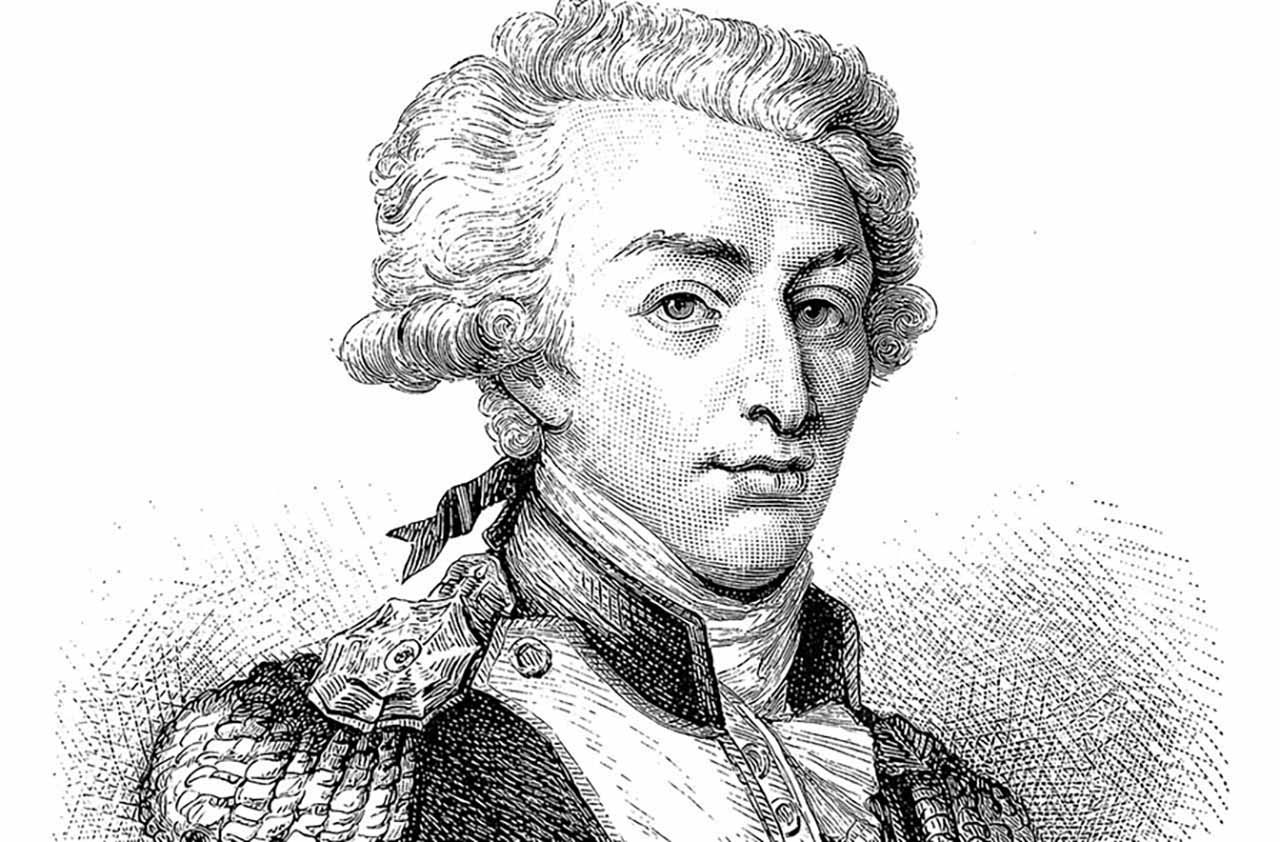
Marquis de Lafayette – On careful deliberation
"I read, I study, I examine, I listen, I think, and out of all that I try to form an idea into which I put as much common sense as I can." – From a letter to his father, 1776
The French aristocrat and military officer probably isn't the first person that comes to mind as a “Founding Father,” but Lafayette played a pivotal role in securing American independence. A trusted confidant of Washington, he provided a critical channel of French support for the colonists. Lafayette was hailed as a “Hero of Two Worlds” when he returned to his home across the Atlantic.
Throughout his life, he showed the value of carefully studying any situation and determining all possible outcomes to arrive at the best possible decision – whether that be military strategy in 1777 or investing in 2024.
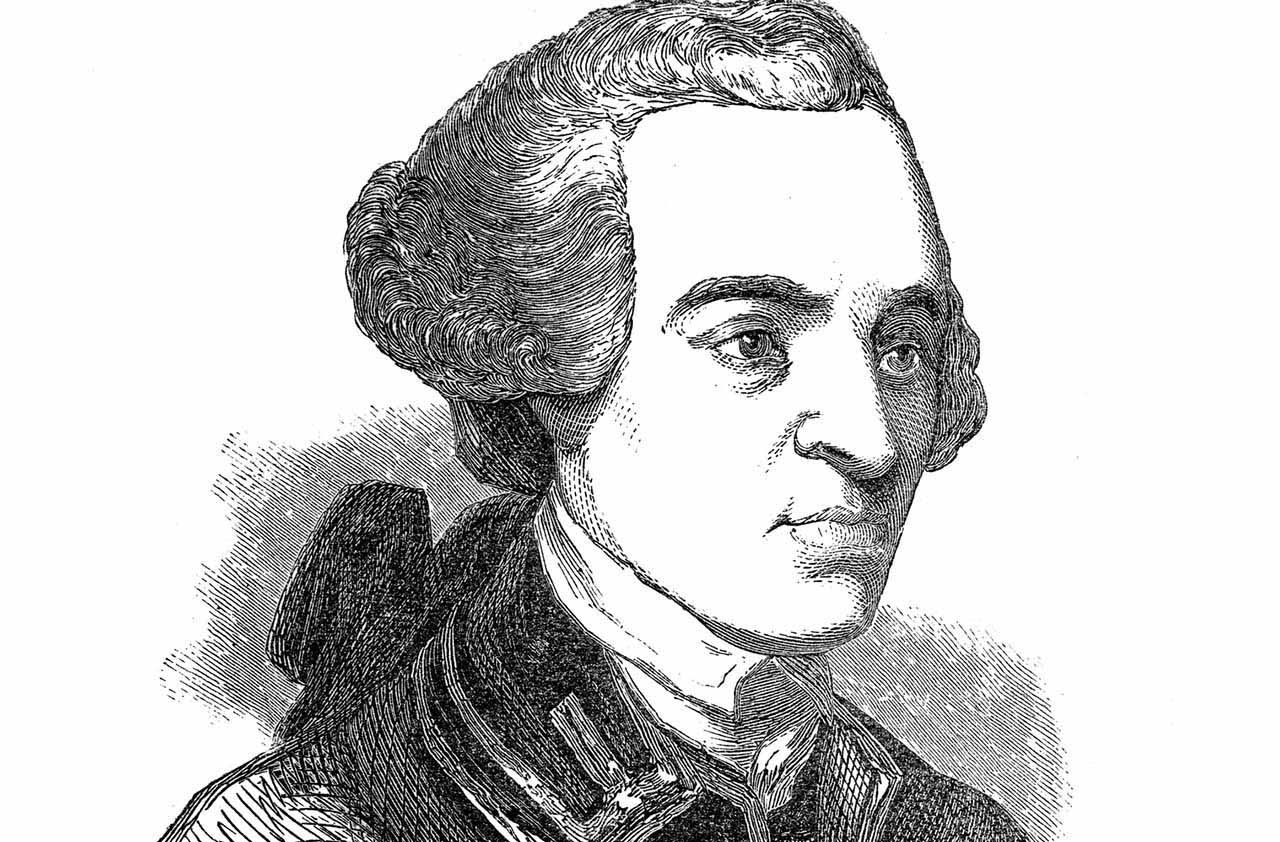
John Hancock – On having (and not having) money
“I find money some way or other goes very fast. But I think I can reflect it has been spent with satisfaction and to my own honour.” – From letter to his uncle, 1761
John Hancock might be remembered for his iconic signature today, but he also knew a thing or two about money. He inherited a hugely successful mercantile business from his uncle, making him one of the wealthiest men in the American Colonies. In 2007, Forbes magazine estimated his net worth (in today's dollars) was around $19.3 billion. Yet, he still understood how quickly a fortune could disappear without wise budgeting and planning.

Jefferson – On living within your means
"But I know nothing more important to inculcate into the minds of young people than the wisdom, the honor, and the blessed comfort of living within their income, to calculate in good time how much less pain will cost them the plainest stile of living which keeps them out of debt, than after a few years of splendor above their income, to have their property taken away for debt when they have a family growing up to maintain and provide for." – From a letter to his daughter Martha Jefferson Randolph in 1808
Jefferson knew what he was talking about. He not only inherited debt from his father-in-law; he also lived way beyond his means. When he died, it’s estimated he still owed about $107,000 – estimated to be about $2.6 million in today's dollars.

Franklin – On enjoying the wealth you earn
“Wealth is not his that has it, but his that enjoys it.”- From Franklin's book, Poor Richard's Almanack, 1736
Franklin published Poor Richard’s Almanack under a pseudonym as a book of instructions and advice for commoners. The book included life tips, as well as recipes, a calendar, and other tools.
In it, he brings up a good argument: What’s the point of working hard if you don’t enjoy what you’ve earned?
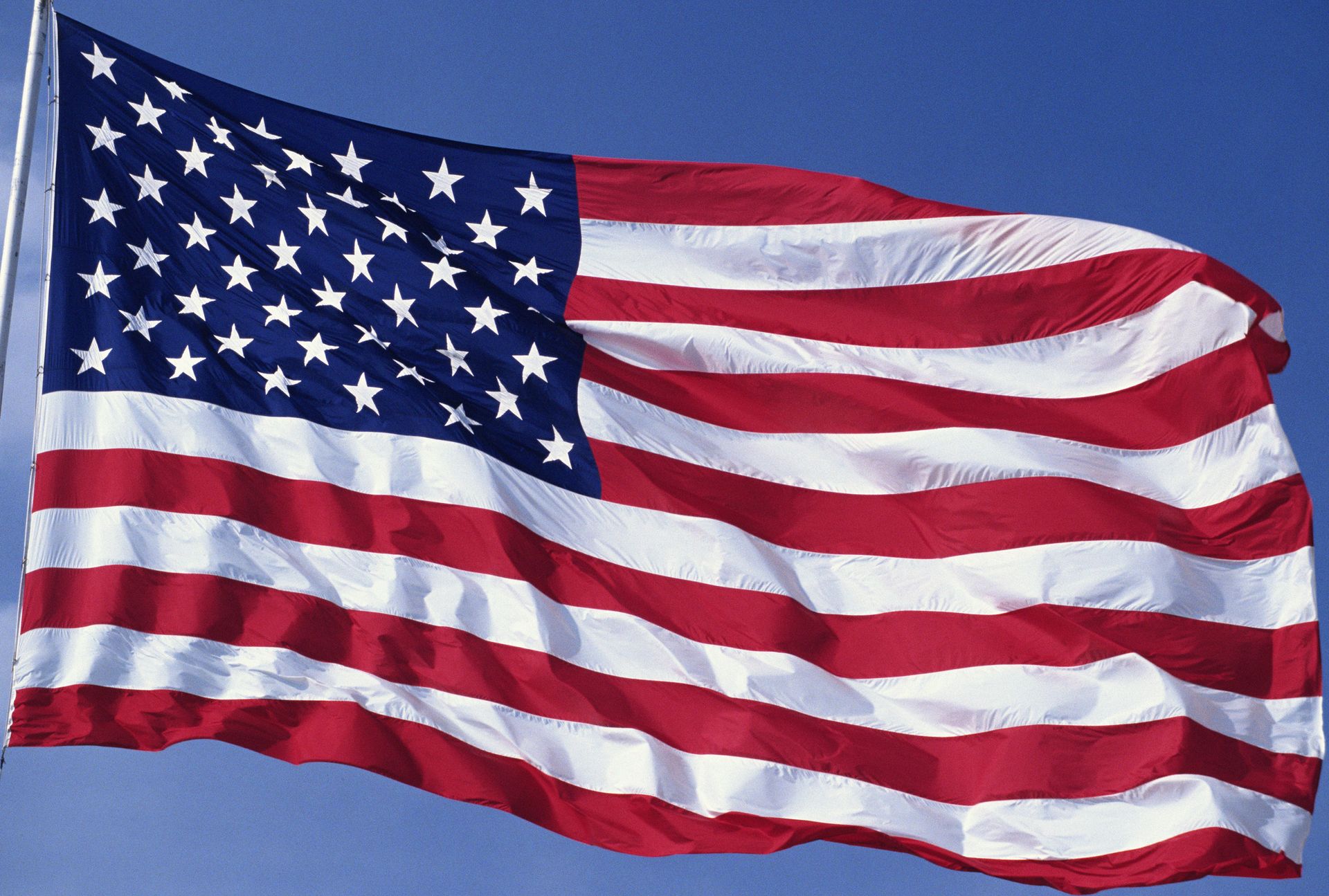

- Meilan SollyIntern, Kiplinger.com
- Brendan PedersenStaff Writer, Kiplinger's Personal Finance
- McKenzie RichmondIntern, Kiplinger.com
-
 How To Spring Clean Your Portfolio
How To Spring Clean Your PortfolioRegular purges of closets help us clear out what's not working, and the same should be done for our investments. Here's how to spring clean your portfolio.
By Coryanne Hicks Published
-
 Nine of the Biggest Regrets I See as a Financial Planner
Nine of the Biggest Regrets I See as a Financial PlannerCheck out this list of common regrets among older people and see if there’s something you can address in your own life while there’s still time.
By Andrew Rosen, CFP®, CEP Published
-
 How to Write a Check for a Wedding Gift
How to Write a Check for a Wedding GiftThere are some guidelines to writing a check for a wedding gift for newlyweds.
By Alexandra Svokos Published
-
 What To Know About Chrysler's Jeep Grand Cherokee Recall
What To Know About Chrysler's Jeep Grand Cherokee RecallThe Jeep Grand Cherokee recall concerns an issue that could cause a loss of vehicle control, NHTSA says.
By Joey Solitro Published
-
 Verizon's Latest Bundle Offers Netflix and AMC Plus for $25.99
Verizon's Latest Bundle Offers Netflix and AMC Plus for $25.99The new bundle will save you around $6 a month but you need to act fast, Verizon says.
By Jamie Feldman Published
-
 Healthcare Costs Top Concerns For Many Voters This Election Year, Study Shows
Healthcare Costs Top Concerns For Many Voters This Election Year, Study ShowsThe top financial worries for most Americans are unexpected medical expenses and healthcare costs, according to a new KFF study.
By Jamie Feldman Published
-
 What to Know About Toyota’s Recall of 381,000 Tacoma Trucks
What to Know About Toyota’s Recall of 381,000 Tacoma TrucksToyota issues recall, its fourth in a week, due to concerns with the rear axle assembly on certain trucks.
By Joey Solitro Published
-
 Delta Adds Second Solar Eclipse Flight On April 8
Delta Adds Second Solar Eclipse Flight On April 8Delta follows Southwest with special flights that offer the chance to view the eclipse as the path of totality runs across 13 U.S. states.
By Jamie Feldman Published
-
 What Checked Bag Fees Cost at Major Airlines After Recent Hikes
What Checked Bag Fees Cost at Major Airlines After Recent HikesThere's a growing list of airlines that have hiked baggage fees this year. Here's the latest on what you'll pay to check bags when you fly.
By Joey Solitro Published
-
 Healthcare System Still Reeling From UnitedHealth Cyberattack, AHA Says
Healthcare System Still Reeling From UnitedHealth Cyberattack, AHA SaysThe American Hospital Association says UnitedHealth's breach prevents many members from processing claims and checking patient eligibility for insurance coverage.
By Esther D’Amico Last updated




